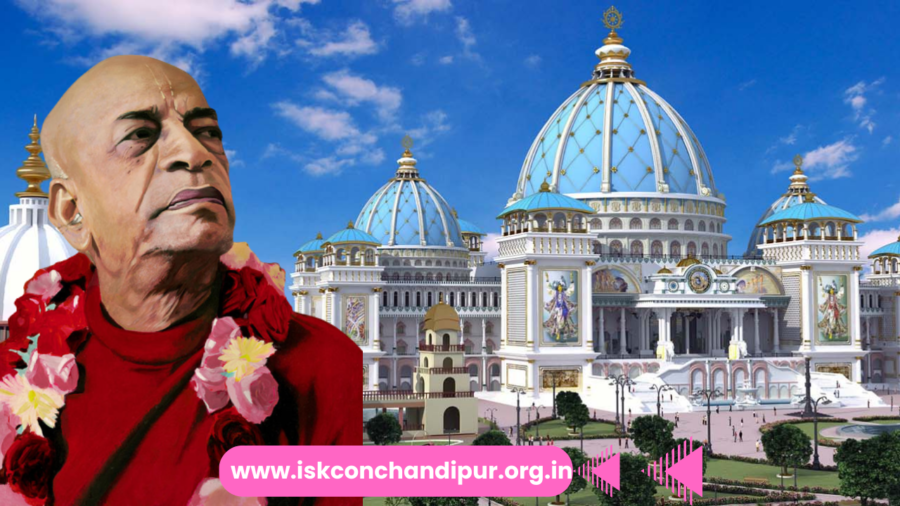Iskcon: A Journey Through History
Introduction:
In the heart of modern spirituality lies the International Society for Krishna Consciousness (ISKCON), commonly known as the Hare Krishna movement. With its roots deeply embedded in ancient Indian spiritual traditions, ISKCON has evolved into a global phenomenon, capturing the hearts of millions of followers worldwide. This article delves into the rich history of ISKCON, exploring its inception, spiritual philosophy, global expansion, contributions, and challenges.
The Founding of ISKCON
ISKCON was founded in 1966 by A.C. Bhaktivedanta Swami Prabhupada, a visionary spiritual leader who sought to spread the teachings of Lord Krishna in the Western world. With a humble beginning in New York City, Swami Prabhupada set the foundation for a movement that would transcend boundaries and unite people under the banner of love and devotion.
ISKCON’s Spiritual Philosophy
At the core of ISKCON’s spiritual philosophy is the ancient practice of Bhakti Yoga – the path of loving devotion to the Supreme Personality of Godhead, Lord Krishna. Followers of ISKCON believe that by chanting the Hare Krishna mantra, they can attain a profound connection with the divine and experience a spiritual awakening.
Global Expansion of ISKCON
Through dedicated efforts and unwavering faith, ISKCON rapidly expanded across the globe. Temples and centers were established in major cities, and the movement gained prominence through its captivating kirtans, literature distribution, and prasadam distribution. Today, ISKCON has a presence in numerous countries, nurturing a diverse and vibrant community of devotees.
Major Festivals and Practices in ISKCON
ISKCON’s calendar is adorned with colorful festivals that celebrate the life and teachings of Lord Krishna. The joyous celebrations of Janmashtami and Ratha Yatra attract millions of participants worldwide. Additionally, daily practices like morning and evening aartis, temple worship, and bhakti-yoga sessions form the backbone of devotees’ spiritual journey.
ISKCON’s Social and Cultural Contributions
Beyond its spiritual endeavors, ISKCON has been actively involved in numerous social and cultural initiatives. Through food distribution programs, educational institutions, and disaster relief efforts, ISKCON has touched the lives of countless individuals, exemplifying the principles of compassion and service.
Challenges and Criticisms Faced by ISKCON
Despite its remarkable achievements, ISKCON has faced its share of challenges and criticisms. Controversies, misunderstandings, and the struggle to strike a balance between tradition and modernity have been some of the hurdles that ISKCON has confronted on its journey.
Conclusion
The history of ISKCON is a testament to the enduring power of spirituality and love. From its humble beginnings, ISKCON has flourished into a global spiritual force, touching the lives of people from diverse cultures and backgrounds. Its teachings of devotion, compassion, and selfless service continue to inspire and uplift countless souls on their quest for spiritual enlightenment.
FAQs
- Is ISKCON limited to the Indian community?
- No, ISKCON is a global movement with followers from various nationalities and cultures.
- What is the significance of chanting the Hare Krishna mantra?
- Chanting the Hare Krishna mantra is believed to cleanse the mind and awaken the dormant love for God within the heart.
- How can one get involved in ISKCON’s social initiatives?
- Many ISKCON centers offer opportunities for volunteering and participating in their charitable activities.
- Do ISKCON devotees follow any dietary restrictions?
- Yes, ISKCON devotees follow a vegetarian diet that excludes meat, fish, and eggs.
- Can anyone participate in ISKCON’s festivals?
- Yes, ISKCON festivals are open to everyone, and people from all walks of life are welcome to join the celebrations.


